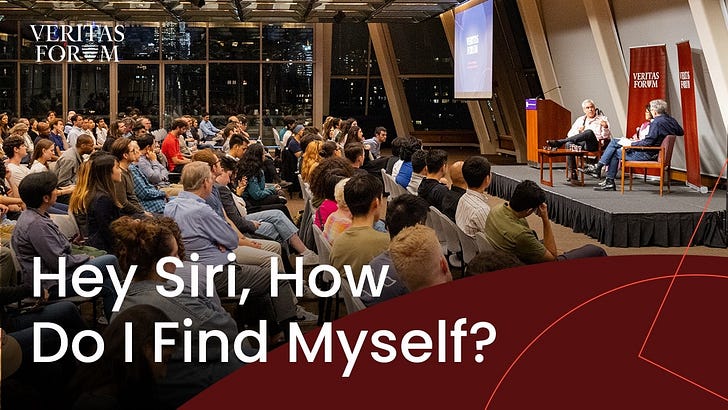Think about it: "Magic" tech can short-circuit learning wisdom
Andy Crouch on a challenge that religious leaders have to face -- right now
If you study the history of mass-media technology and the church, it’s easy to spot an important (and often dangerous) pattern.
Whenever a new form of tech arrives, many church leaders automatically assume that it’s going to be the perfect vehicle with which to deliver the Gospel to millions of people.
Radio? Check.
Television? Check.
The Internet? Obviously. And all of those smartphones? They will be a perfect way to put new church materials in the pockets and purses of the masses. Smartphones will be the ultimate church bulletin that helps shepherds keep in touch with their, uh, digital sheep.
If you follow Rational Sheep closely, you already know what I am going to say next, as in this opening for a post (“Are all those digital screens beyond redemption?”) a few months ago.
All of God’s creation is both glorious and fallen.
That’s a sound bite that I used many times during my decades as a mass-comm professor and while speaking at Christian colleges and universities (and a few seminaries) across America and around the world.
It’s a condensed take on what thinkers in the Reformed, Calvinist tradition refer to as the “cultural mandate.” As you would expect, you can find similar statements in the theology of the ancient church (think Orthodox and Catholic), frequently under the broad umbrella of “creation theology.”
In other words, each new tsunami of technology has the potential to be good (online seminaries for the underground church in China) or bad (pre-teens exposted to digital porn). School leaders may believe that laptops and tablets will open new educational vistas for elementary school kids. Side effects? Religious leaders may seek appropriate ways to use smartphones as the backbone of contacts that define community life. Side effects?
This brings me to an essay that I have been expecting for some time. When I interviewed Jonathan (“The Anxious Generation”) Haidt last fall, I mentioned the work of Andy Crouch on tech issues in Christians homes. Haidt said they had already met and would be working together again, soon.
Thus, see the Veritas Forum YouTube embedded at the top of this post. Also, the Haidt team website After Babel recently ran a provocative Crouch essay with this double-decker headline:
Where the Magic Doesn’t Happen
How technology can interfere with moral formation at school, church, and home
In his introduction, Haidt points, once again, to the crucial role that religious institutions can play — if their leaders choose to do so — in the screens-culture era.
Keep reading with a 7-day free trial
Subscribe to Terry Mattingly -- Rational Sheep to keep reading this post and get 7 days of free access to the full post archives.




